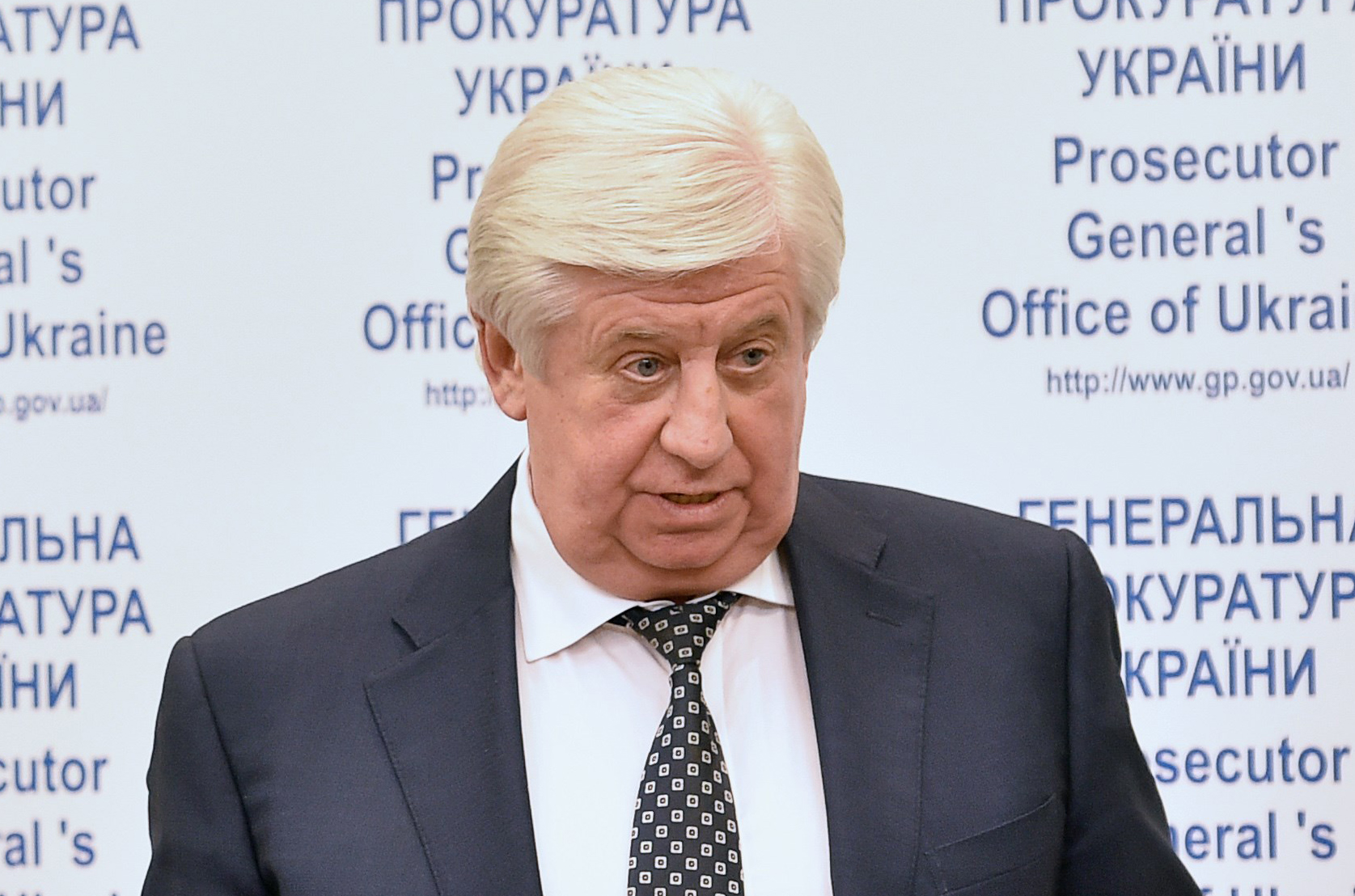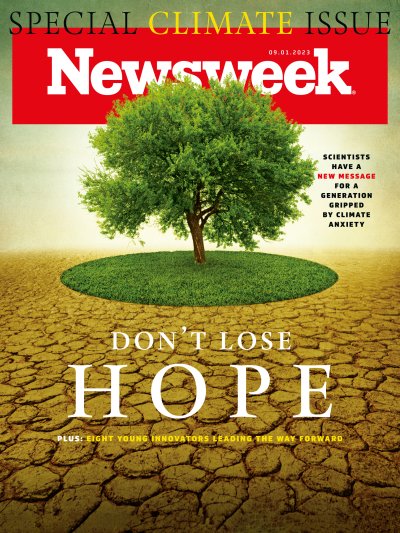Federal Reserve Chairman Jerome Powell has some bad news for President Joe Biden as he continues to tout his administration's work in slashing inflation: There's still a lot of work to be done.
Speaking at Jackson Hole Annual Symposium in Wyoming on Friday morning, Powell told attendees the Federal Reserve Board could be considering yet another interest rate hike at its upcoming September meeting, citing an economy that is continuing to burn red hot amid the Fed's efforts to cool it down and avert a recession in 2024.
Despite a series of interest rate hikes intended to stall spending, Powell said Friday that the economy has continued to grow faster than analysts expected with high levels of spending, fueling inflation rates that were spurred on by high levels of government stimulus spending, the ongoing war in Ukraine and individual companies' price hikes designed to protect quarterly profits.
And while he did not wholly commit to another rate hike next month, he was blunt in reiterating the Federal Reserve's policy to hold the course until the current 3.2 percent inflation rate hits the Fed's 2 percent target.

"We are attentive to signs that the economy may not be cooling as expected," Powell said during his Friday speech. "We are prepared to raise rates further if appropriate and intend to hold policy at a restrictive level until we are confident that inflation is moving sustainably down toward our objective."
Newsweek has reached out to the White House press office via email for comment. However, some analysts claimed after the speech that the policy announcement was, more or less, expected given the recent trajectory of the U.S. economy.
"As expected, no earth-shattering pronouncements from Chair Powell at Jackson Hole with something for each side of the monetary policy debate," Andrzej Skiba, head of BlueBay U.S. Fixed Income at RBC Global Asset Management, said in an emailed statement provided to Newsweek. "Still, on balance, further tightening seems more likely than not, consistent with Chair Powell's previous comments. This explains why yields moved higher in the aftermath of the press release."
Still, the impacts to consumers are expected to be far-reaching.
While the Fed's aggressive interest rate hikes—eleven since the first hike at its March 2022 meeting—have succeeded in stalling inflation at a faster rate than other developed economies around the world, the policy approach has led to spikes in everything from the cost of borrowing money or buying on credit to purchasing a home, leading consumers' patience to thin.
Survey data released in March by Lake Research Partners found approximately 56 percent of U.S. voters believed the Fed should bring its rate hikes to a halt after interest rates reached 15-year highs. And after the Fed unanimously voted for a temporary pause in interest rate increases this past June, meeting minutes revealed some board members expressed the belief that the hikes should continue to curb inflation before, ultimately, voting to support a pause: a sign of increasing pressure from consumer impacts.
"Some participants indicated that they favored raising the target range for the federal funds rate 25 basis points at this meeting or that they could have supported such a proposal," the minutes read.
"The participants favoring a 25-basis point increase noted that the labor market remained very tight, momentum in economic activity had been stronger than earlier anticipated, and there were few clear signs that inflation was on a path to return to the Committee's 2 percent objective over time."
Even with the temporary pause at summer's start, more hikes, analysts believe, are likely on the horizon.
"Chair Powell's comments highlighting the progress on one hand and work left to be done on the other in bringing inflation back to 2 percent echoes our own sentiments," Andrew Patterson, a senior economist at Vanguard, said in a statement following Powell's speech. "We believe the Fed will remain vigilant and data dependent in determining whether rates sustained at current levels for a longer period of time or further rate rises will be needed. Our baseline is for the latter, another 1-3 hikes are possible over the next several months and into next year before leaving them on hold for some time and only cutting when broader macro conditions weaken, resulting in a shallow recession."








